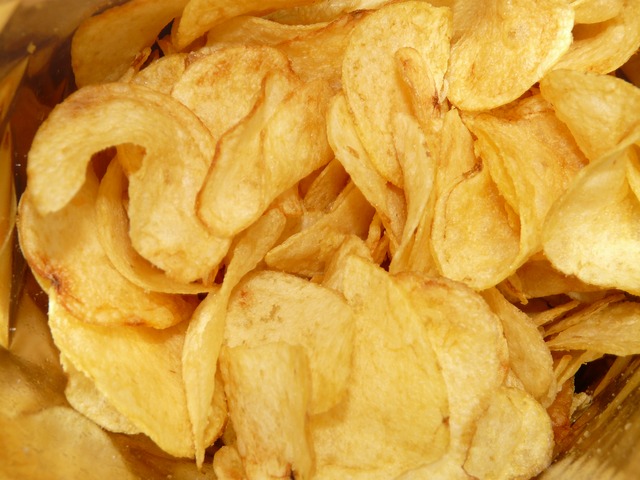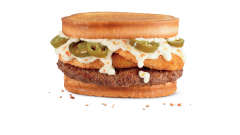Scientists Discover Gene Associated With High-Calorie Food-Fueled Obesity

It’s common knowledge amongst snack lovers that there’s simply some that you can’t only have one bite of. Munchies have a way of overriding self control. It’s like being under a spell, making you a slave to the satisfying crunch of a salty treat.
Lays slogan aside, scientists have recently discovered there’s an actual human gene that’s responsible for our snacky urges. The gene is called CREB-Regulated Transcription Coactivator 1 (CRTC1). Using mice as test subjects, they found that the gene is linked to obesity, and mice that lacked CRTC1 developed obesity.
According to Tech Explorist, Associate Professor Shigenobu Matsumura from the Graduate School of Human Life and Ecology at Osaka Metropolitan University led an investigation to learn more about CRTC1’s relation to obesity.

One of the more complicated pieces to this puzzle is that CRTC1 happens to be found in all brain neurons. In other words, they would have to find a way to narrow down specific characteristics of CRTC1 so that they’re recognizable amongst the 86 billion neurons found in human brains.
To do so, Matsumura and team decided to focus on neurons that express the melanocortin-4 receptor (MC4R) because it’s a gene mutation that’s known to produce obesity. The presumption was that CRTC1 expression occurring in neurons that express MC4R would reduce obesity. To learn more about obesity and diabetes, the investigation would explore the effects of losing CRTC1 in MC4R-expressing neurons.
A selection of mice with neurons that express CRTC1 normally was used along with another set of mice with MC4R-expressing neurons that suppress the CRTC1 gene. They found that mice deficient in CRTC1 become more obese, eventually developing diabetes after being fed high-fat foods.

Matsumura shared his thoughts about their investigation, “This study has revealed the role that the CRTC1 gene plays in the brain and part of the mechanism that stops us from overeating high-calorie, fatty, and sugary foods. We hope this will lead to a better understanding of what causes people to overeat.”
While these findings won’t cure your munchies, it is interesting to know that a gene is the culprit behind our love of snacking.






















